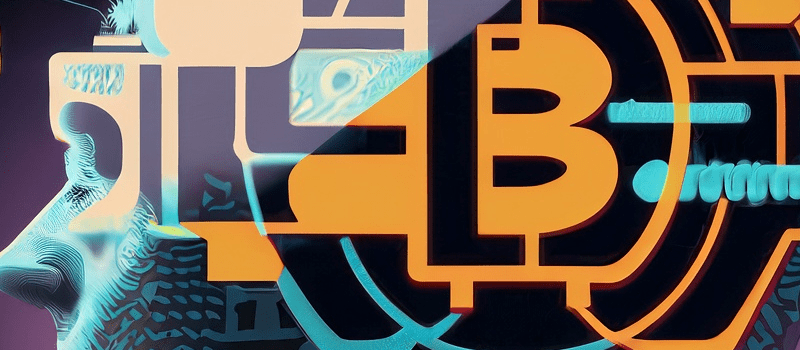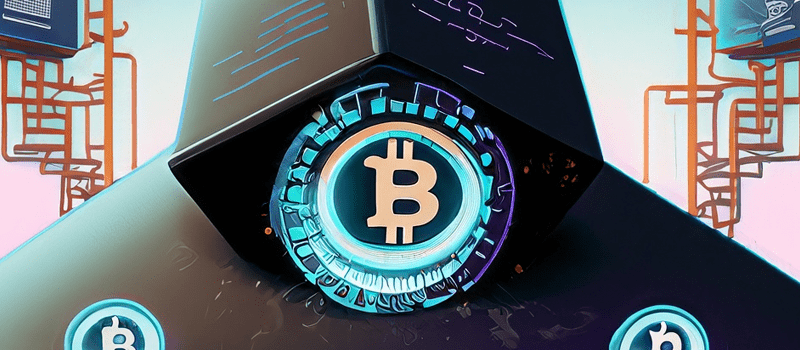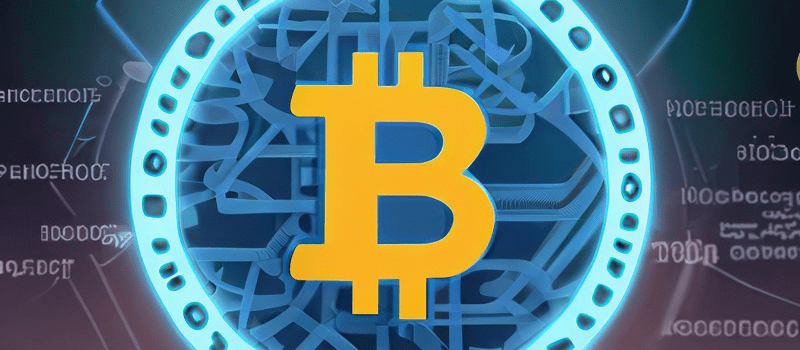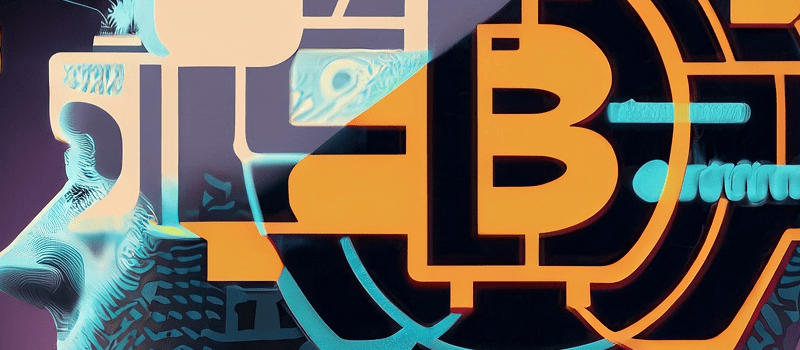Blockchain Cloud Storage: Decentralized Cloud Object Storage
As technology advances at an unprecedented pace, the world of data storage is undergoing a remarkable transformation. This article will delve into the fascinating realm of decentralized cloud object storage and blockchain-based solutions, exploring how these cutting-edge technologies are revolutionizing how we store, secure, and access our valuable data.
Introduction
Blockchain cloud storage refers to decentralized storage networks that rely on cryptography and blockchain technology to securely store data across multiple nodes.
Definition of blockchain cloud storage
- “Blockchain cloud storage solutions allow you to store your files and data on multiple machines across the globe”
- “Leveraging cryptography and blockchain, decentralized cloud storage platforms provide enhanced security, redundancy, and control over your data.”
| Characteristic | Description |
|---|---|
| Decentralized network | Data stored on multiple nodes rather than central server |
| Encryption | Files encrypted before being distributed |
| File sharding | Files split into fragments and distributed |
| Blockchain-based | Leverages blockchain for encryption, contracts, incentives |
“Files are encrypted and sharded into pieces before being distributed across a decentralized network of nodes. A blockchain controls permissions and transactions.”
B. Overview of benefits
- Increased security through distributed infrastructure and encryption
- Lower costs by eliminating centralized third party storage providers
- Greater control and privacy over data through encryption and permissions
: Coindesk – Decentralized File Storage
: TechTarget – Decentralized Data Storage
Major Blockchain Cloud Storage Platforms
There are several leading decentralized cloud storage platforms that leverage blockchain technology:
A. Storj
- One of the earliest and most well-known blockchain-based file storage platforms
- Uses its own cryptocurrency STORJ and file sharding to distribute data
- “The Storj platform shards files into encrypted pieces and spreads them across a globally distributed network of drives offered by publishers.” ^1
B. Filecoin
- Crypto project from Protocol Labs that raised over $200 million in 2017 ICO
- Network of miners compete to provide storage and earn FIL tokens
- “Filecoin is a decentralized storage network designed to store humanity’s most important information.” ^2
C. Siacoin
- Leverages smart contracts to allow renting unused hard drive space
- Both storage providers and renters pay and earn Siacoin
- “Files are encrypted, sharded, and distributed across multiple hosts for redundancy and security.” ^3
D. MaidSafe
- Building the SAFE (Secure Access For Everyone) Network
- Safecoin tokens rewarded for providing computing resources
- “MaidSafe has built a platform for the decentralised, end-to-end encrypted storage and sharing of data.” ^4
Benefits of Blockchain Cloud Storage
Blockchain-based decentralized storage offers several key benefits compared to traditional centralized cloud storage:
Enhanced security
- Encryption – Files are encrypted before being distributed to nodes
- Sharding – Splitting files into fragments boosts redundancy
- Decentralization – No central point of failure like with centralized servers
- “Distributing data across multiple nodes makes it nearly impossible for hackers to access all fragments of a file.” ^1
Cost savings
- No third party fees – Consumers pay nodes directly for storage
- Usage based pricing – Only pay for what you actually store
- “You only pay for exactly how much storage you’re using, as opposed to paying for a monthly plan.” ^2
Privacy and control
- Users control private keys and access rights
- No third party access to unencrypted data
- “You retain control instead of relying on a third party like AWS or Google Cloud.” ^3
: Section.io – Blockchain Storage
: Moralis – Blockchain Storage
Challenges Facing Blockchain Cloud Storage
While decentralized storage offers many benefits, there are also some key challenges to adoption:
Scalability limits
- Many platforms face limits in transaction throughput and speed
- Filecoin note: “Delays in blockchain can mean delays in retrieval.”
B. User experience
- Integration with existing systems not as smooth as centralized cloud storage
- Some technical expertise required that could impede mainstream adoption
- “The user experience may not yet be as seamless as offered by AWS or Dropbox.”
C. Legal uncertainties
- Unclear regulatory status as the technology is still evolving
- Legality of renting storage space across borders still being determined
- “Users considering blockchain storage should understand the legal uncertainties that remain regarding data privacy regulations.”
The Future of Decentralized Cloud Storage
Blockchain-based cloud storage appears poised for significant growth in the years ahead:
Growing demand expected
- As data breaches mount, blockchain solutions will become more appealing
- Enterprises will need compliance-friendly storage solutions
- “Demand is expected to spike for blockchain storage solutions that offer enhanced security and compliance over conventional options.” ^1
Hybrid models
- Integration with existing cloud providers may provide the best of both worlds
- Amazon S3 integration already being offered by some platforms
- “Hybrid solutions marrying centralized and decentralized storage could balance usability with security.”
New disruptive platforms
- Rapid innovations by Filecoin, Siacoin and others illustrate market potential
- Further disruption of legacy storage providers seems inevitable
- “Emerging platforms like Filecoin display how decentralized storage is still in its early days with lots of room for new ideas.”
Conclusion
In summary, blockchain-based decentralized cloud storage represents a promising new paradigm for secure, private data storage:
Summary of key benefits
- Enhanced reliability and security through distributed infrastructure
- Cost savings from disintermediating centralized storage providers
- User control over data privacy and permissions
“With blockchain cloud storage, your files are encrypted, sharded, and stored across a decentralized network – providing security, redundancy, and control.”
Blockchain enables a new storage model
- Shifts control over data back towards users and away from corporations
- Leverages underutilized storage capacity around the globe
- Establishes the foundation for Web3 applications and services
“Blockchain allows the emergence of a more open, decentralized storage model aligned with the ethos of Web3.”
Adoption challenges remain
- Mass adoption still limited by scalability and usability issues
- Legal uncertainty around regulating decentralized networks
- But the underlying technology continues to mature rapidly
“While still early, blockchain cloud storage solutions are poised to disrupt the cloud storage industry thanks to their technical and economic advantages.”






Responses